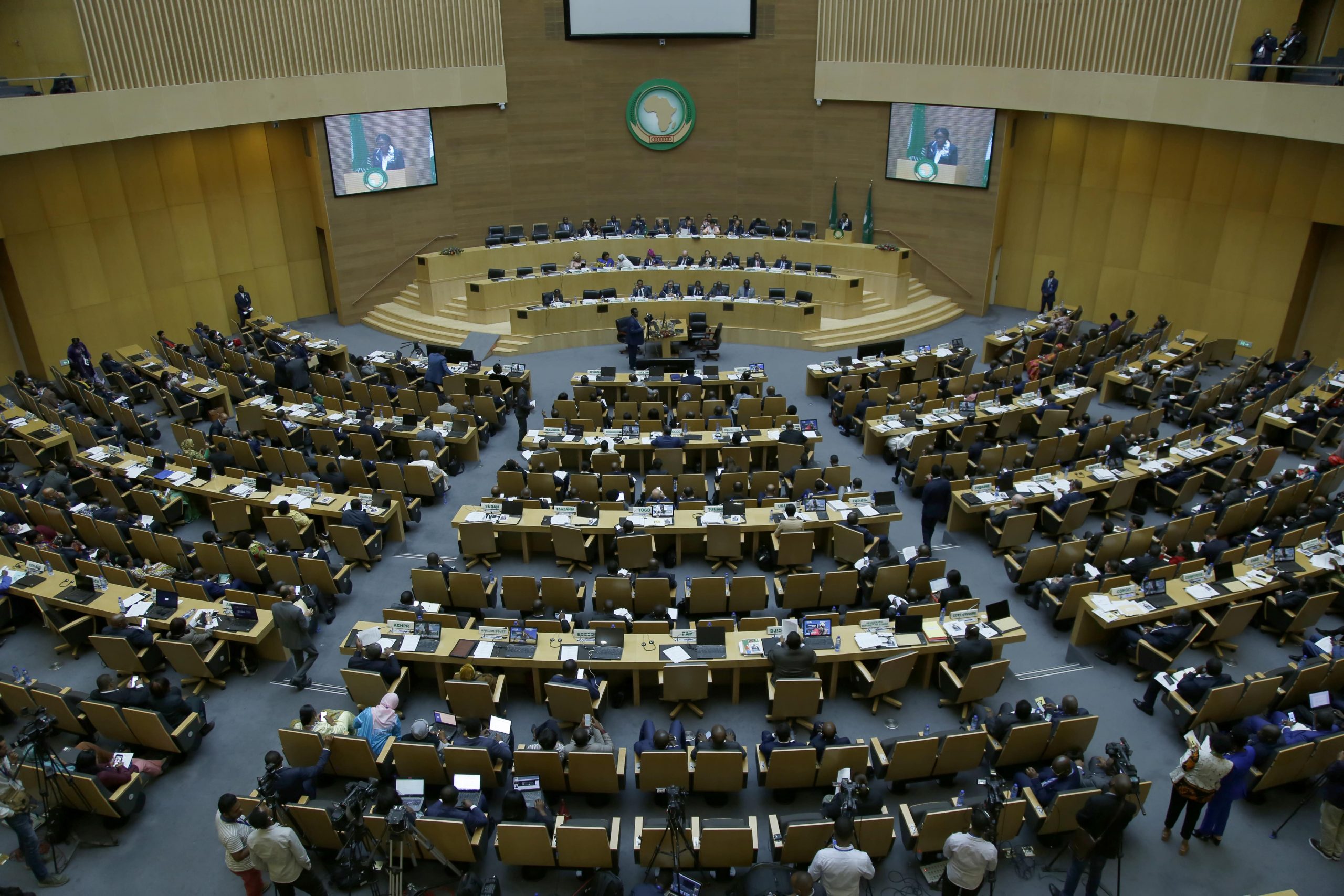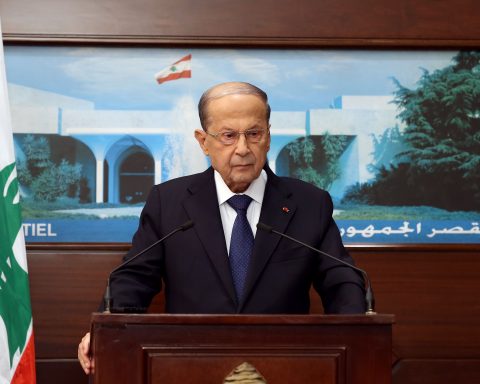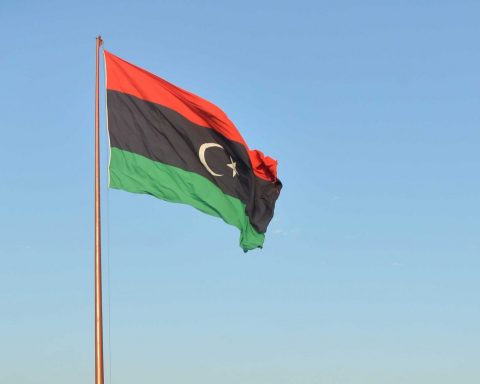In a statement on Monday, the African Union (AU) and the United States perceive a tiny window of opportunity to end the fighting in Ethiopia, as the UN cautioned that Ethiopia’s risk of spiraling into a wider civil war is “all too real.”
Former Nigerian President Olusegun Obasanjo, the AU Ambassador for the Horn of Africa, and UN political affairs chief Rosemary DiCarlo both informed the Security Council on the same day.
Obasanjo, speaking from Ethiopia, said that by the end of the week, “they hope to have a program in hand that will demonstrate” how they can have humanitarian access and a troop pullout that is acceptable to all sides.
Following a year of war, the UN estimates that 400,000 people in Tigray’s northern region are living in famine-like conditions. “All of these leaders, here in Addis Ababa and in the north, believe that their issues are political and demand a political solution through dialogue,” Obasanjo told the 15-member council, but added, “The window of opportunity we have is very small and time is short.”
As US Ambassador for the Horn of Africa, Jeffrey Feltman, returned to Addis Ababa on Monday, the State Department indicated that Washington believes there is a narrow window to engage with the AU to make progress on ending the conflict. In this context, on Monday, the African Union had a closed-door meeting to discuss the problem.
In recent weeks, the fighting has become more intense. Ethiopia’s capital, Addis Ababa, is under siege by Tigrayan forces and their allies, and the government has announced a six-month state of emergency.
The initial fighting began when forces loyal to the Tigray People’s Liberation Front (TPLF) captured military bases in Tigray in November 2020.
Prime Minister Abiy Ahmed responded by sending additional troops to the northern region. Thousands have been killed, and over two million people have been forced to flee their homes.
Obasanjo informed the council that he had visited Abiy, the Oromiya region’s leader, and had traveled to Mekelle on Sunday to meet with TPLF leaders. On Tuesday, he wants to visit the Amhara and Afar regions, where the war has expanded from neighboring Tigray.














